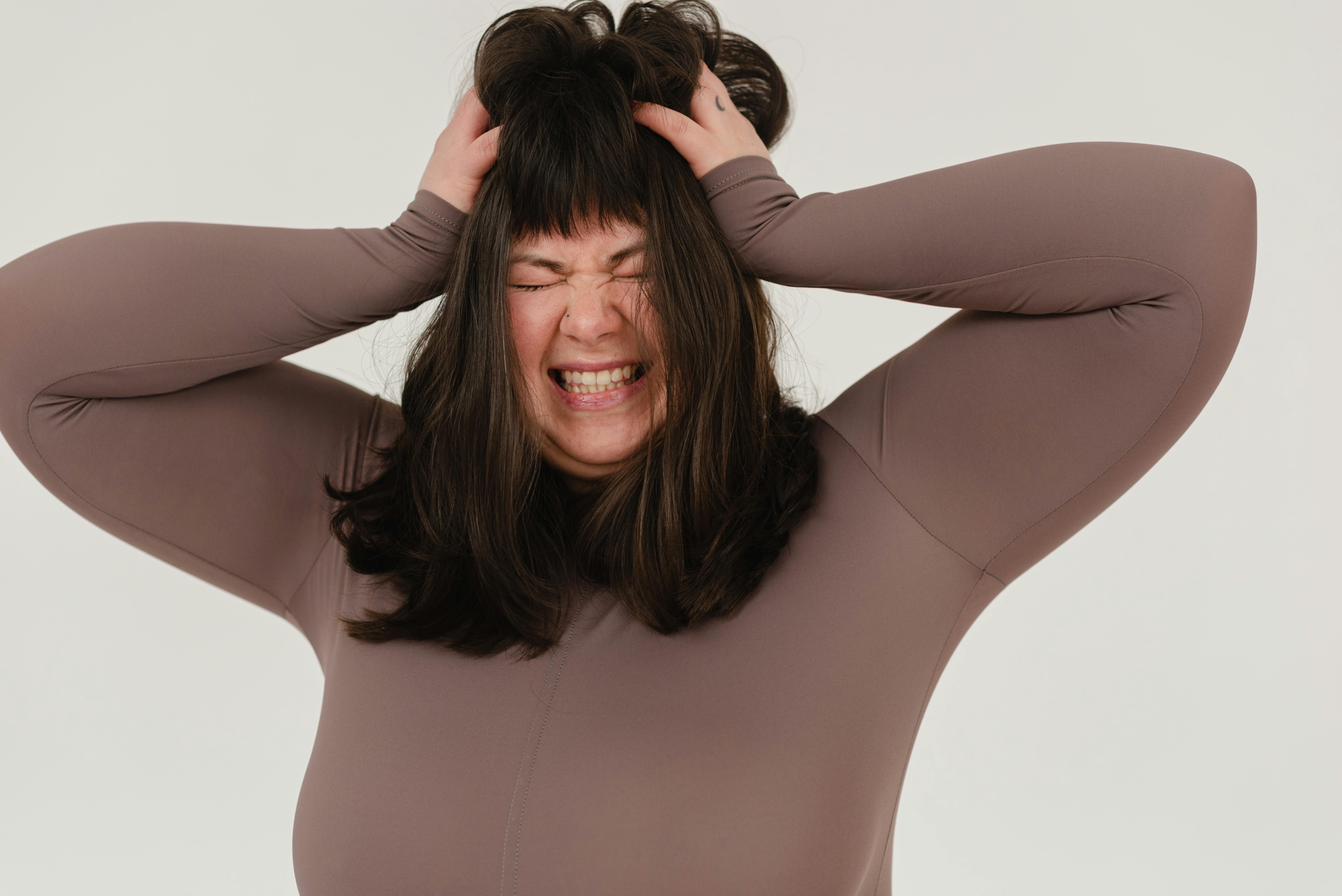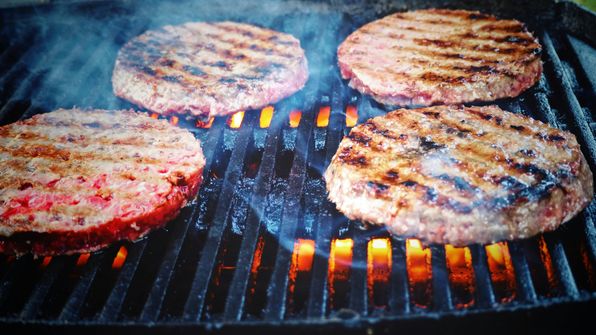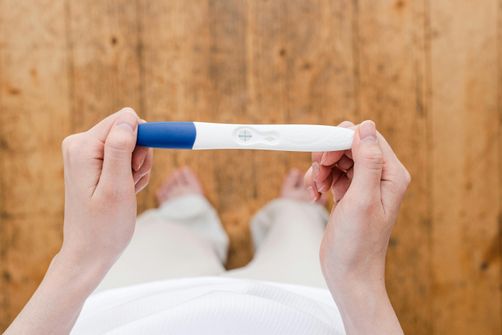
Social Success on the Carnivore Diet: Tips for Staying Committed at Gatherings and Restaurants
Social gatherings often mean a spread of carb-heavy foods and tempting desserts that can make sticking to the carnivore diet feel tricky. But with a b...

Are you ready to start a culinary adventure that takes you straight into the heart of the wild? Well, grab your fork and knife (or maybe just your hands if you’re feeling extra primal) because today, we’re diving into the world of the carnivore diet. But before you start imagining yourself as a majestic lioness prowling the savannah, let’s talk about what this all-meat diet might mean for you. Buckle up – it’s going to be a meaty ride!
Imagine a diet where vegetables are the villains, carbs are the culprits, and fruits are forbidden. Yes, it’s exactly what it sounds like: the carnivore diet is all about meat, meat, and more meat. Think steaks, chicken, pork, fish, and even organ meats if you’re feeling adventurous. The idea is to cut out all plant-based foods and rely solely on animal products. Some swear by its benefits, but like any diet, it comes with its own set of side effects, especially for us women.
First things first, let’s talk about weight loss. Many women turn to the carnivore diet hoping to shed some pounds. And yes, you might find yourself slimming down faster than a cheetah chasing its dinner. This happens because you’re cutting out all the carbs and sugars, leading to a reduction in water weight and fat. In fact, studies found that low-carb diets can lead to significant weight loss, with participants losing an average of 10% of their body weight in 12 weeks.
But beware, rapid weight loss can also lead to muscle loss if you’re not careful. Nobody wants to lose those curves, right? A balanced approach that includes strength training and adequate protein intake is crucial to maintain muscle mass.
One of the biggest claims about the carnivore diet is the surge in energy levels. Without carbs weighing you down, you might feel like you could wrestle a bear (not recommended, by the way). Some people report a significant increase in energy within the first week. According to research, low-carb diets can enhance energy and reduce fatigue for some individuals.
However, this isn’t the case for everyone. Some women experience an initial energy slump as their bodies adjust to burning fat for fuel instead of glucose. This period, often called the “keto flu,” can leave you feeling like you’ve been trampled by a herd of buffalo. Symptoms can include headaches, fatigue, and irritability, typically lasting from a few days to a week.
Let’s talk about digestion. On a diet of just meat, your digestive system might throw a fit at first. Constipation is a common complaint because, well, fiber comes from plants, and you won’t find any in that juicy steak. Studies found that nearly 30% of participants on a low-fiber diet experienced constipation.
Some women also report diarrhea as their bodies adapt. Adding in some bone broth can help ease these issues, so keep that in your arsenal. Bone broth contains gelatin, which can help support digestive health.

Our hormones are delicate little messengers, and they don’t always respond well to drastic dietary changes. Some women find their menstrual cycles becoming irregular or even disappearing entirely on the carnivore diet. This is often due to the reduction in overall calories or the lack of certain nutrients found in plants. Low-calorie diets can disrupt menstrual cycles in about 20% of women.
If this happens, it’s a red flag that your body is not happy. Balance is key, and sometimes that means reintroducing some non-meat foods. Ensuring adequate intake of essential fats and calories is crucial for hormonal health.
While meat is packed with protein and essential nutrients like iron and zinc, it’s not a complete nutritional package. Without fruits and veggies, you might miss out on important vitamins like C and E, and minerals like magnesium and potassium. For instance, vitamin C deficiency can lead to scurvy, which, although rare, has been documented in extreme cases of restrictive diets.
Some women also find their hair thinning or skin becoming dull. Research found that deficiencies in vitamins like A, D, and E, as well as minerals like zinc, can contribute to hair loss and skin issues. To keep glowing, consider supplements or a more balanced approach that includes a variety of nutrient-dense foods.
Mood swings can be a side effect too. Low-carb diets can impact serotonin levels, the feel-good hormone, leading to moodiness or even depression in some cases. Studies found that very low-carb diets could be linked to mood disturbances in some individuals.
Plus, if you’re used to comforting yourself with a chocolate bar or a bowl of pasta, the transition might feel emotionally tough. It’s okay to feel all the feels – just be mindful of how your diet impacts your mental health. Engaging in activities that boost serotonin naturally, like exercise and sunlight exposure, can help.

Let’s face it – socializing on a strict carnivore diet can be tricky. BBQs might be a breeze, but what about brunch with the girls? It can be isolating if you’re constantly turning down invites or explaining your diet. Balance is essential, and sometimes, allowing a little flexibility can make a big difference. Remember, social connections are a crucial part of overall well-being, so don’t let dietary restrictions isolate you from your friends and family.
So, is the carnivore diet a no-go for women? Not necessarily. It has its pros and cons, and everyone’s body responds differently. The key is to listen to your body, stay informed, and seek balance. Maybe you’ll thrive on this diet, or maybe you’ll decide it’s not for you. Either way, remember that health is about more than just what’s on your plate – it’s about feeling good inside and out.
Starting a carnivore diet can be like taming a wild beast – exciting, challenging, and full of surprises. If you decide to give it a try, do so with an open mind and a sense of adventure. And always, always, prioritize your health and well-being over the latest dietary trend. Now, who’s ready for a steak?
Happy feasting, fierce ladies! 🥩🌟
A: Common side effects include digestive issues, nutrient deficiencies, hormonal imbalances, and increased heart disease risk.
A: Yes, it can cause irregular periods or changes in menstrual flow due to hormonal imbalances and nutritional changes.
A: Yes, long-term risks include cardiovascular disease, kidney strain, and chronic nutrient deficiencies.
A: Women can eat a variety of meats, stay hydrated, consider supplements, and get regular health check-ups.
A: Women with pre-existing conditions should consult a healthcare professional, as the diet may exacerbate issues like kidney or heart disease.

Social gatherings often mean a spread of carb-heavy foods and tempting desserts that can make sticking to the carnivore diet feel tricky. But with a b...

The carnivore diet is often seen as straightforward: eat meat, keep it simple. But adapting it seasonally can bring freshness, variety, and local flav...

The carnivore diet has become increasingly popular, but like any extreme dietary approach, it raises important questions—especially for women concerne...

The carnivore diet has gained attention globally, but women’s experiences and cultural approaches to animal-based eating vary widely depending on wher...

Living with Chronic Obstructive Pulmonary Disease (COPD) can make everyday activities feel like a marathon, especially for women who are juggling heal...